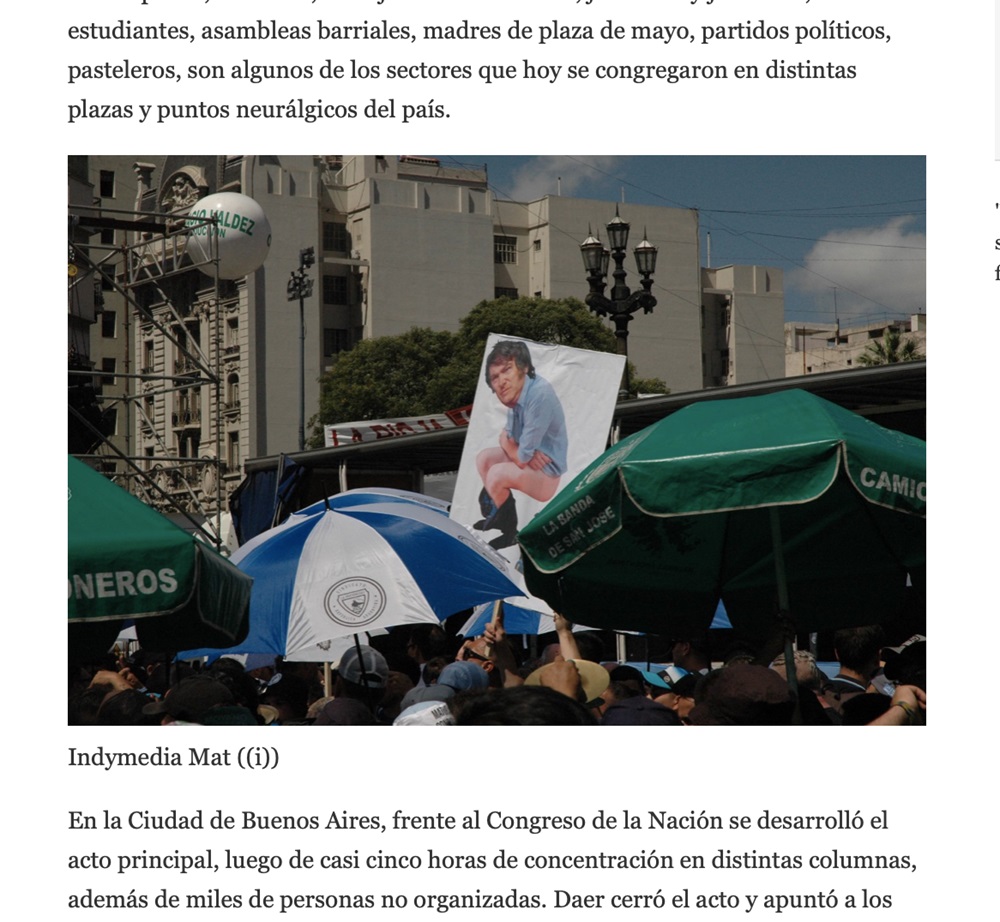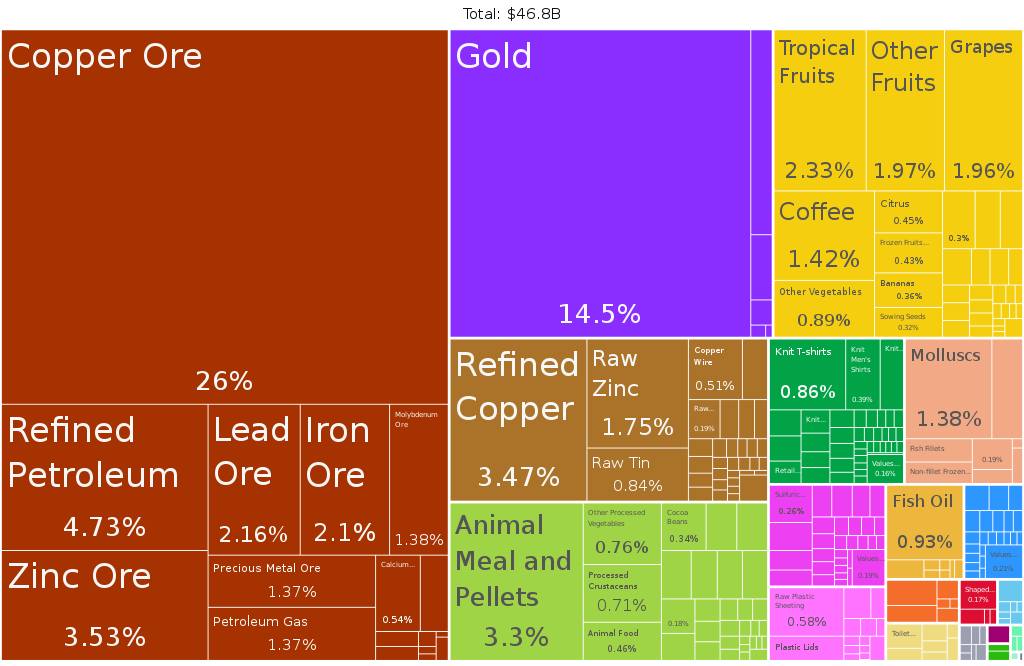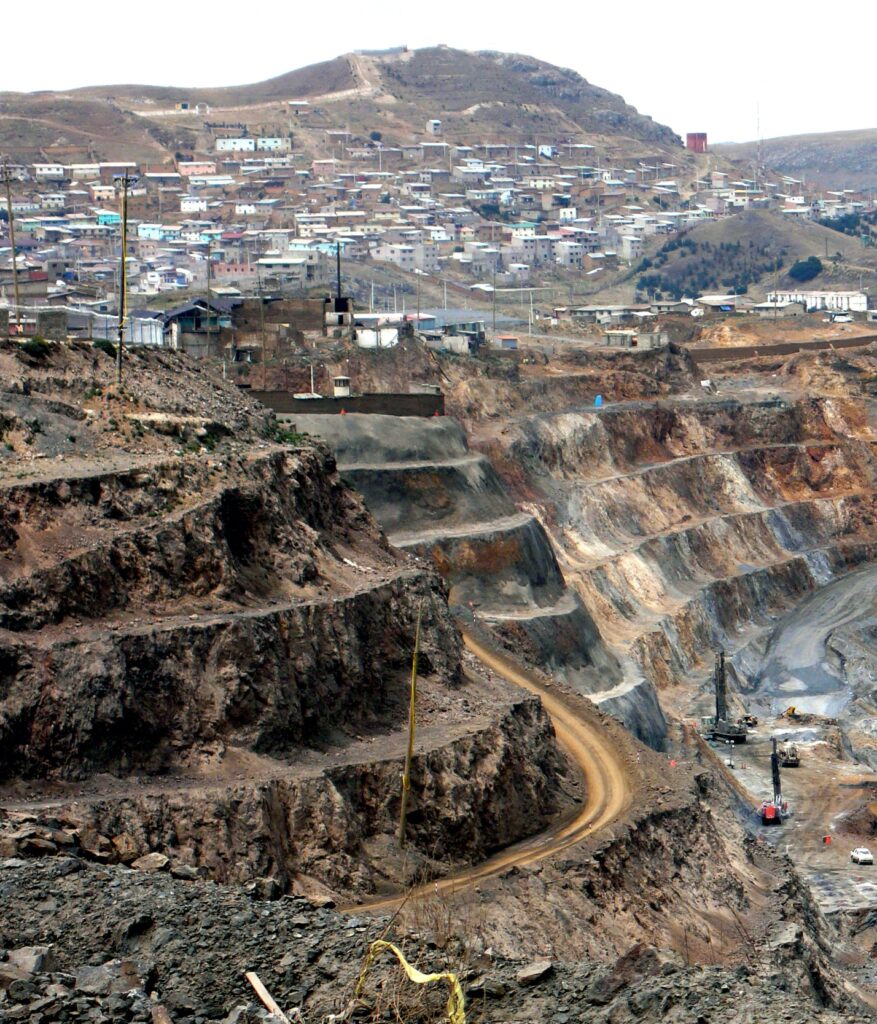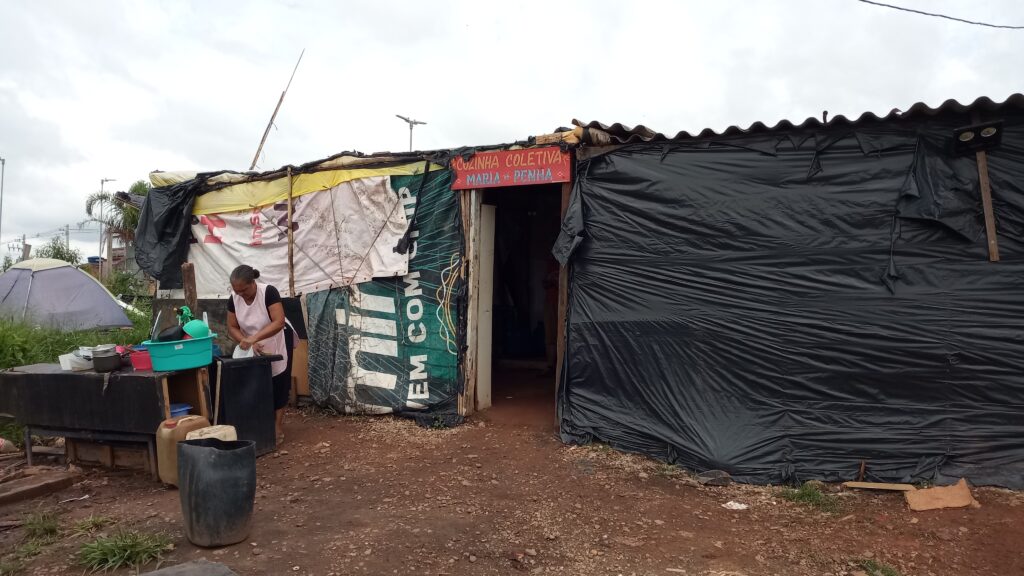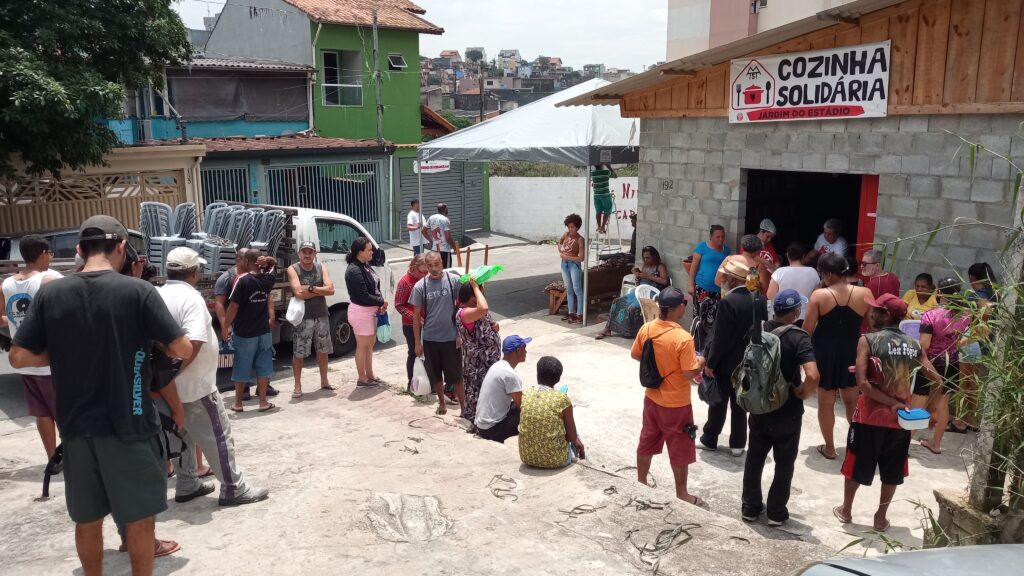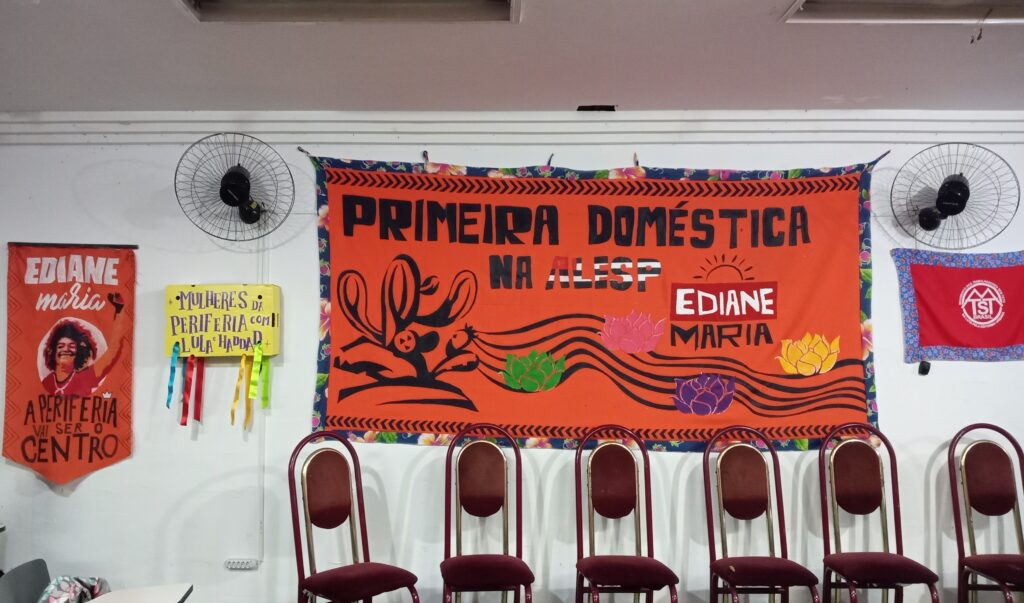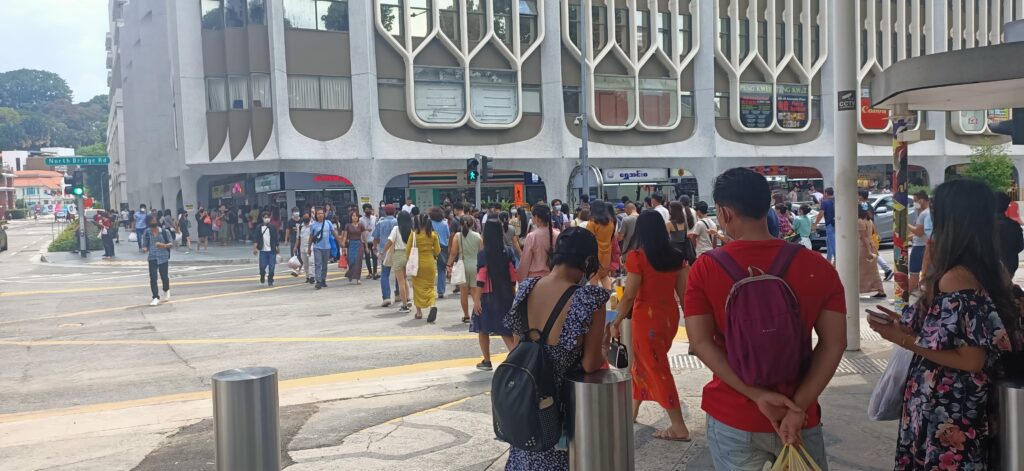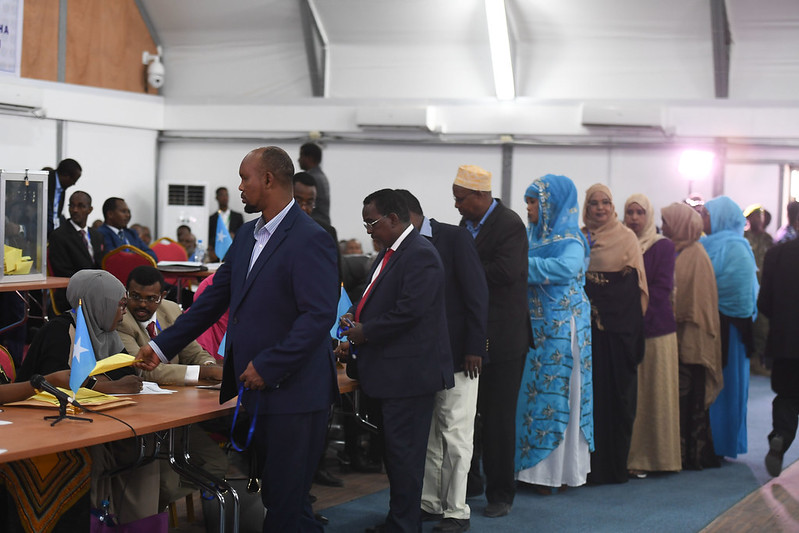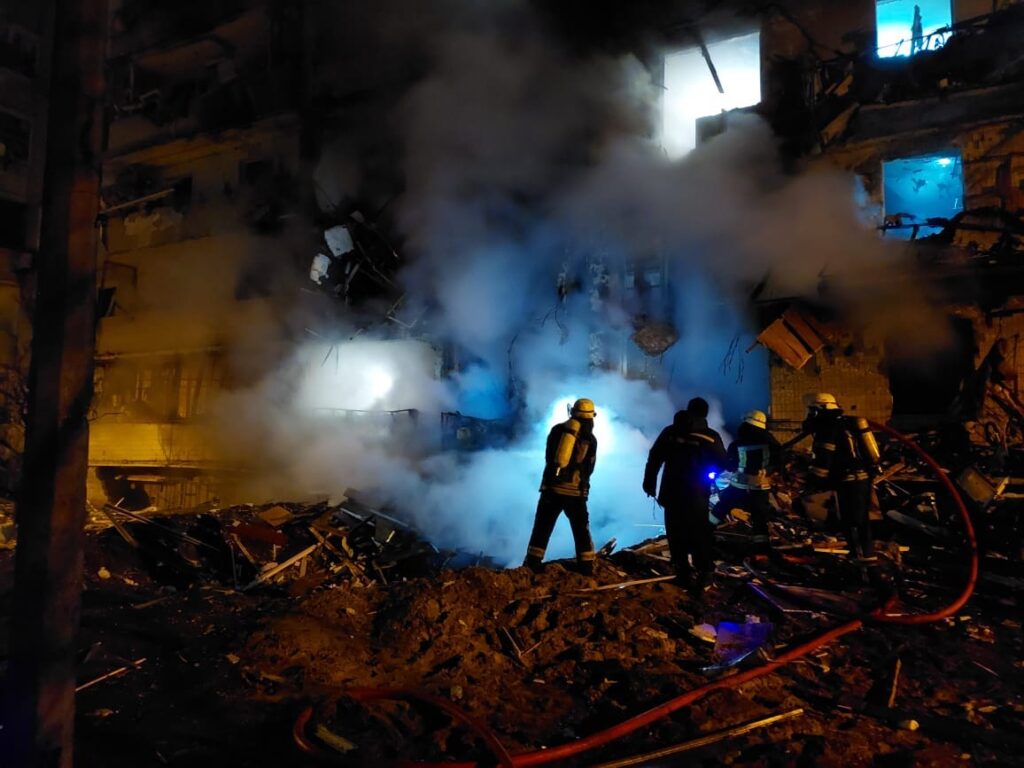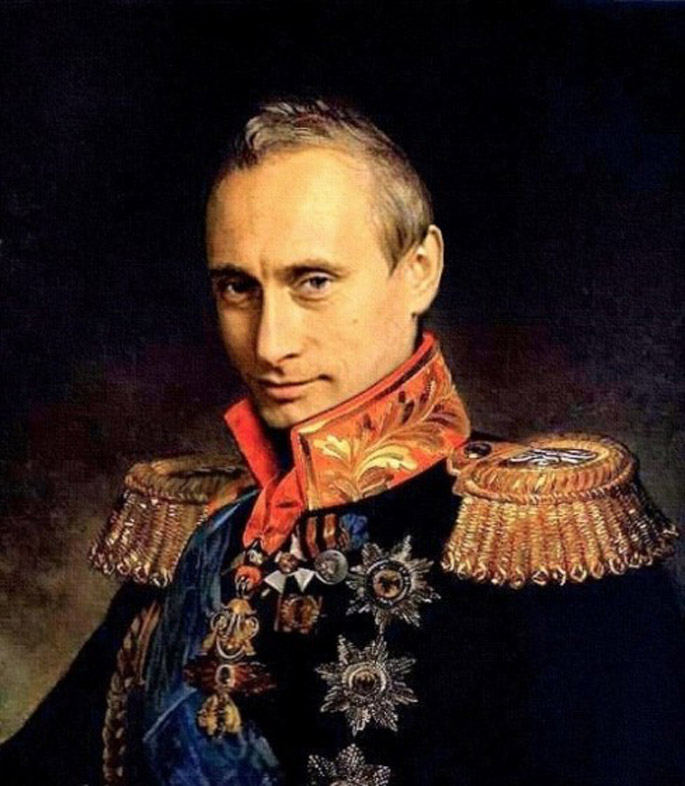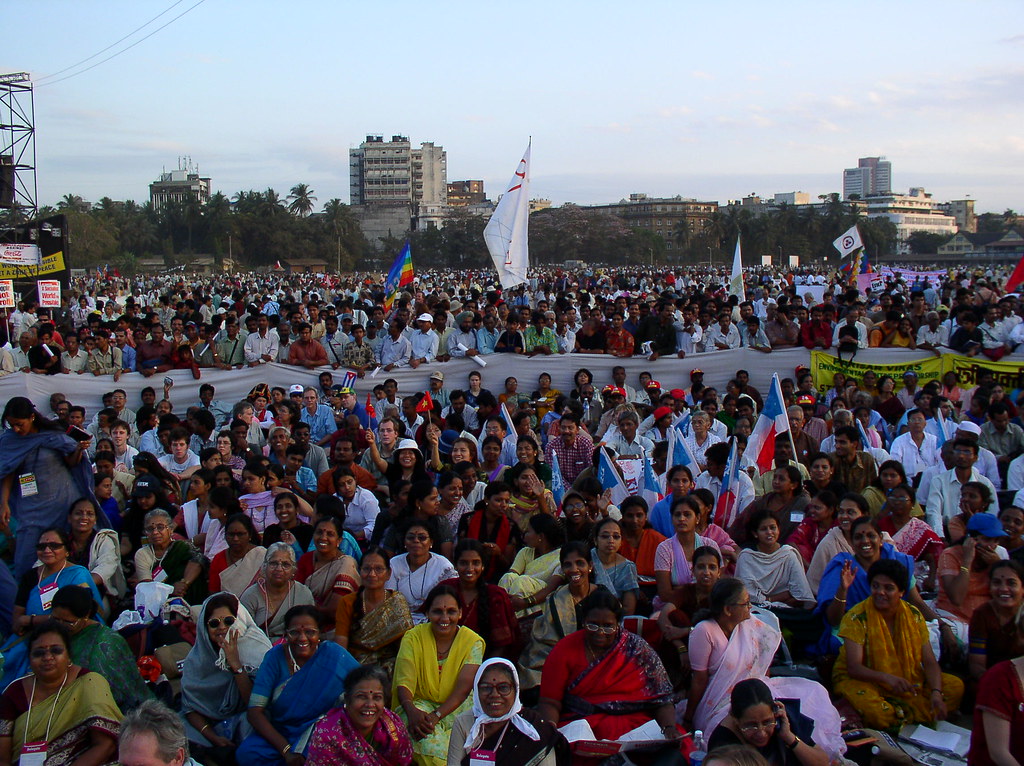
From Andheri to Goregaon—it’s five kilometers. Half an hour by Ambassador in the north Mumbai traffic. Windows down—through them, the usual fumes: chai, wood smoke, diesel exhaust. Plus, the blinding, crunchy, almost chewable dust of the industrial area, a landscape half abandoned, half under-construction. Taxiwala grows edgy—why, Toma can’t fathom. Dumps passengers on an impulse: “New Standard Engineering Grounds”, he says, “ahead.” Ahead it is, indeed—a twenty-minute walk. Add the heat to the scents and more of the dust.
About twenty paces in the queue for registration at the entrance stood the founder of world-systems analysis. He was invited to the event to address the crowd. Toma missed him somehow, couldn’t say “hi.”
There was no category for Toma at the event. He was hoping for “attendee” or “participant,” but—no, no such thing. He became, thanks to the helpful student worker at the registration desk, a “delegate.” The best she could do. So it said on the vibrantly designed tag, hanging from Toma’s neck. Two names: Toma and country.
Speaking of which, he is from two countries, at least. One of those is a titanic, the other a dinghy. She chose the dinghy for him. Upon exit at the end of a long day, another nice person at the same desk confirmed—there were no other “delegates” from country dinghy.
Toma had given a lot of thought to the very idea of this jamboree. How do you organize a “social forum”—for the world, no less, without an underlying theme—other than, supposedly, a vague call for resistance, so to speak, to global capital? And what does it do to that event of resistance that it is sponsored by major multinational corporations? Mind you, a counter-event, held just across the highway, asserted that exact critique. The two events together seemed to “cover” much of the political left of south Asia.
Indeed, how to be “anti-Davos?” besides, what do they do in Davos in the first place? Toma had no idea. The Mumbai event turned out to be a pageantry of all the worthwhile causes good people could think of. Attendance was expected to be 75 thousand. Conversation on the ground went up to as high as 130.000 “delegates” from 130 countries.
“I didn’t quite realize Mumbai was this far,” a group of people chatted in a cluster that somehow ended up including Toma. “Far . . . from where?”, he interjected an old joke from Budapest. Polite amusement, a smile or two. They had an accent Toma could not quite place within the UK.
There was breathtakingly little water for so many people. Toma saw two taps on the entire grounds. Plus, there were of course the drinking water tanks provided by the municipal authority. Neither to be had without boiling. Everybody ran around, hence, with store bought drinking water in plastic bottles, half a dollar per liter—at an event that deplored, among other things, the depletion of the environment, the commercialization of a basic human necessity like drinking water, and pollution of the planet with single use plastic containers.
The Forum was a gigantic café—without tables. A global / adda. \
Toma chatted with hundreds of other “delegates,” mainly young people from Asia. Gaped at Vietnamese students parading with a two-story flag of their country. Talked with South Indian and Latin American activists fighting the good fight against Coca Cola robbing their regions of drinking water. (Or was it Pepsi? Toma can never tell those two apart.) People who organize artisanal cooperatives. Artists of all kinds. Activists for NGOs of people displaced by hydroelectric dams, airports, shopping malls. A gentleman presented a contraption that looked like an aluminum wash basin but glittering inside: It gathers the rays of the Sun to cook a meal. He demonstrated that on the spot. Toma was distracted by something, he didn’t stick around to taste it.
A man with a broad smile approached Toma. He had a mustache and was wearing gauze-thin white cotton tied around his head, a linen shirt and a dhoti. He was very interested in the status of the agrarian question in “Toma’s country.” How peasants are doing in country dinghy. It was important to him, he said, because he knows the peasantries of their two countries could learn much from each other.
Toma made a quick calculation. As far as he knows, eleven of his sixteen great-great-grandparents were born serfs. Then came the abolition of serfdom, capitalism—of Kakanien, the Habsburg variety—two world wars, fascism, holocaust and socialisms, in the plural. Then back to a neoconservative, deeply confused, angry and desperate kind of capitalism. Now everyone in Toma’s extended family lives in cities. The most sweeping form of social change in country dinghy over the last century is that there are hardly any peasants left—other than in one-step removed, virtual forms as cultural movements aim to “preserve” and “re-cycle” peasant culture, especially music and dance, in urban life. In the country of Bartók—who railed against this kind of appropriation—the culture of the peasantry is now re-used as folklorism, exoticizing the lives of the descendants of the people who created that art in the first place.
They discussed the legacies of serfdom and the “peasant question” in Soviet history. And that more-than-half of the peoples of south Asia that hover precariously between peasant near-self-sufficiency and market-driven farming. How the average Indian peasant walks to polling stations to be able to cast a vote. Two hours, both ways. GMO seed. Child malnutrition. Toma’s new comrade had read Chayanov enthusiastically and mentioned Lenin a couple of times. He gave Toma a card. “Secretary General of the Peasant Trade Union Confederation of India.”
There was visible discomfort—among the Europeans. Not so much because of the heat or the dust. Two other things. One was unspoken but Toma felt it. The weirdness of standing out: Their head loomed above almost everyone else in the great sea of global “delegates.” Comrades in terms of politics, moral values, aesthetics, all the good things, with their pink and sweating heads sticking out. Because of their infrequency at the event, they seemed to feel on display. It’s not just that there was staring—there is much more of that on a tram in Kolkata or in a bus in Delhi. They came here to swim in the sea of comrades from the global south, after all. To be in the company of the like-minded from the rest-of-the-world. That was the whole point. There they are now, this is it.
The truly unpleasant thing was realizing that they had not even thought about the possibility of feeling strange. Their own reaction seemed to be a genuine surprise to them. They may well have traveled outside Europe before. But that’s not like this. They saw crowds in Istanbul or Cairo. But this is not that. The crowds on earlier trips were at a distance. Possibly behind windows of buses, or hotel lobbies. Here, everyone is so exposed to a truly intense mix of languages—bodily and spoken—that it is easy to feel lost. More body-to-body contact on a January afternoon than they have in an average year. And all that is driven by rules they don’t quite understand. They could, of course have read about those rules—but they didn’t quite think of it. It didn’t occur to them.
Losing the ability to sort everything out—who is who and what is what—they could neither wipe the discomfort away nor give it a name. For, that might be considered “rude”. . . Too honest. Not to mention admitting defeat, the thought that this corporeal idea of solidarity is not working for them.
There was, then, the second discomfort— and that one was indeed spoken of very much. A metaphor for all other metaphors.
“Child labor.”
The horror.
Who could be in favor of child labor? The abysmal life. The barefoot, scantily dressed, small bodies toiling in the crowd. “They should be in school.”
Mind you, at the event, begging was not allowed. Panhandlers were chased away by the private jawans, armed with long batons, very eager to use them, stationed visibly at each entrance. Toma wondered to what extent the jawans-with-truncheons “solution” to “the begging problem” was cleared with the organizing committee—whose charge it was to assure the event stayed on course toward its haughty goals of global equality. For sure, the clubs were used in the outside world—the world that these seventy-five thousand to one hundred and thirty thousand people all came to protest.
“Are the beatings OK if they happen outside the gates?” Toma is asking questions like that. “I could never bear being on that Organizing Committee.”
There was, however, plenty of tea and coffee on offer everywhere, brought to everyone—a little more to the “delegates” with lower levels of melanin, a skin color situation the hot beverage workers were very familiar with. Mumbai is a truly tourism-infested city. Those delegates might even give a 100% tip on the 5-rupee price—for the tea poured from large pots to small throwaway plastic cups, a nice counterpoint to the event protesting plastic pollution. All that service was rendered by tiny, unbearably cute children.
It struck Toma, as he stood there, amidst all the chatter about child labor, that the conversation never went past the initial revulsion and moral panic. All those people, supposedly the best the global north has produced, armed with sharp critiques of hydrocarbon colonialism, or global militarism, or product chains, using their privileged access to knowledge for the best possible political purpose, had a hard time discerning what it is that they are looking at when they see five-six-year-old proletarians doing truly labor-intensive service. For them. That the children’s toil might be supporting the ambitious strategies—of rising above the rural survival threshold—of entire families in a village a stone’s throw away. That the 100% tip—the generous transfer of 14 instead of 7 dollar-cents in exchange for a small cup of tea—will teach those children, and their adult relatives, that they should be selling tea for the rest of their lives. To low-melanin strangers.
That is where the global critique came to a complete halt. Right at the line around the European “delegates’” own global selves. The thought of the violence of their own retirement portfolios, amplified by the privileges bestowed upon them by their melanin-deficiency, just didn’t seem to come to them. They had spent the equivalent of ten, twenty times each of those children’s extended families’ total annual income—just flying to Mumbai.
“Was I the only person having those thoughts?”, Toma ponders today. Maybe they also had them—and filed them along with all other instances of discomfort, under a rubric labeled “not-to-be-talked-about.”
The plenary session took place on the maidan—a meadow the size of several football fields. It consisted of a large stage before a giant audience space, the latter covered with industrial tarp sheets tied together, a quilt to seat the righteous of the world. An enormous navy-blue arena of plastic—encircled, once the crowd descended on it, by layers upon layers of sandals, shoes, flip-flops. Footwear of all kinds. As if entering a person’s home, or a temple, the participants took off and left “outside” their foot covering. A show of respect. And keeping the oilcloth perhaps a tiny bit less dusty.
A group of ten-fifteen Italian students arrived, chatting merrily. Guessing from the clothes, on a return leg of a roundtrip flight between Milan and Kathmandu. Locs, woven sacks, the works. Asserting the power of a supposedly righteous kind of appropriation galore. Leaving their shoes on, they entered the field. The crowd opened for them, forming a human alley. They took the offer matter-of-factly, went right to the middle, and sat down. Shoes on, soles facing outward. The crowd absorbed them. Toma lost sight of them.
Speeches: politicians, progressive intellectuals, strongly encouraging the audience that “we should do more.” Toma is not sure who the “we” is, and more of what. Then came Junoon, a politically engaged band from Pakistan. Performing in India. A geopolitical first. Palpable excitement overall and an exuberant audience response, especially among the crowd from the Subcontinent.
On the last day, the shift of the jawans-with-the-truncheons at the gates ended at six pm. The World Forum became even more social, with the arrival of a thousand or so panhandlers through the now un-jawan-ed, truncheons-free gates. Likely not the sociality the organizers had in mind.
Toma flew back to country dinghy from Mumbai two days later. At the airport, he was selected for a “detailed customs check” by a gentleman dressed in an immaculate white uniform. He took Toma to a separate room—his luggage had already been placed on a table. The officer reached into Toma’s now-open suitcase and, with the gesture of a magician, he pulled out Toma’s tag—Toma’s name and country dinghy—and asked, “you like that kind of thing?”
A rhetorical question. The officer turned to his men and quipped, half-Hindi-half-English—Toma could make it out, the officer probably wanted it that way—how Toma came here “to allay his White guilt”. A real joker. Polite giggles from the men to their superior officer, fixed stares at Toma. He liberated Toma from his remaining rupees. A “processing fee,” he winked. He tossed a small tip to the man who “handled” Toma’s suitcase. The rest disappeared into his uniform. Very politely he walked Toma to his gate, doing small talk in a self-ironical tone. He had a truly sharp and witty sense of humor.
By the time Toma arrived at his gate he learned that his seat got re-assigned. On board he realized he was sitting next to a passenger who kept talking to him nervously throughout the entire eight-hour flight.
The World Social Forum has never returned to Mumbai.
Rumor has it—it’s the child labor.
The World Social Forum (WSF) is a global social movement organized as an open environment, a meeting space for activists, NGOs and progressive social movements committed to democracy, equality and preservation of the planet, in opposition to the “World Economic Forum”—the meetings of owners and management of big capital and top brass of the world’s most powerful states held annually in Davos, Switzerland. The first WSF meeting was held in Porto Alegre, Brazil in 2001. The event in Mumbai, India—held twenty years ago—was the first time WSF had its global assembly outside Brazil.
József Böröcz is Professor Emeritus in Sociology at Rutgers, The State University of New Jersey. He is the author of ”’Eurowhite’ Conceit, ’Dirty White’ Ressentiment.” A recent, “reflexive sociology” interview with him about socialisms, history and ‘race’ is ”Society—Instead of Apartheid. Interview with József Böröcz.” Most of his written scholarly work can be found here.
Cite as: Böröcz, József 2024. “Out of Place” Focaalblog 14 October. https://www.focaalblog.com/2024/10/14/jozsef-borocz-out-of-place/
